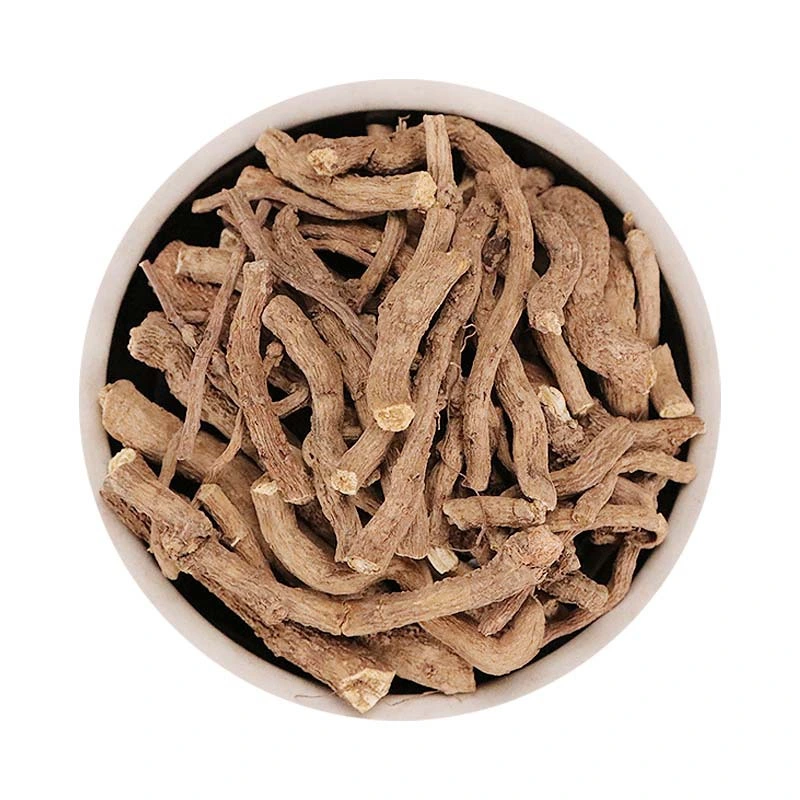Packaging: 50g (or 500g & 1kg) containing Inula (Elecampane).
(The price includes VAT.)
Other Names: Conyza, Koniza, Aconiza, Psilochorto, Psilistra, Ommono, Psychlithra, Omono, Round Herb, Water Conyza, Water Kolyssia, Wild Scarf, Kremnochorto, Gruzia.
Inula was one of the most important herbs for the Ancient Greeks and Romans. It was considered a universal remedy for various ailments such as dropsy, digestive and menstrual disorders, and sciatica, but primarily for respiratory issues. Inula is likely identified with Panaces Chironii, one of the most famous herbs of Chiron. During Hippocrates' time, it was used as a tonic, stimulant, emmenagogue, and for respiratory diseases. Legend says this plant sprouted from the tears of beautiful Helen, which is why its Latin name is Elecampane. The Anglo-Saxons used it for skin diseases, neuralgias, liver problems, and coughs.
Inula is utilized by herbalists for chronic bronchitis, asthma, persistent cough, and generally all respiratory infections. The active compounds elenine and alantolactone in the herb are powerful antiseptics and bactericides. Inula's action in the lungs is warming and expectorant. Additionally, the volatile oils (about 4%) in the herb aid in expelling concentrated phlegm from the respiratory tract. In another context, Inula is used by herbalists to improve digestion. The active compound inulin (up to 44%) enhances calcium and magnesium absorption while promoting the growth of necessary gut bacteria. Inulin is a plant fiber and is classified by many experts as a prebiotic. Furthermore, Inula contains isoalantolactone, azulene, sterols, resin, and pectin.
General Benefits of Inula:
- Supports Respiratory Health: Inula roots have been used in traditional medicine for various respiratory issues like asthma, cough, bronchitis, rhinitis, and pulmonary infections. In vitro studies have shown that alantolactone likely reduces inflammation associated with respiratory conditions.
- Antimicrobial Properties: Inula extracts exhibit significant antimicrobial action against various bacteria and fungi. Notably positive results have been observed against Pseudomonas aeruginosa, Bacillus cereus, and Staphylococcus aureus, while Inula may also suppress the action of Candida albicans, responsible for recurrent infections.
- Potential Anticancer Action: Sesquiterpene lactones in Inula are considered a significant group of bioactive compounds with anticancer properties. In vitro studies suggest potential anticancer activity against breast cancer, pancreatic cancer, leukemia, and glioblastoma.
- Anti-inflammatory and Antioxidant Effects: Inula roots contain various components with anti-inflammatory and antioxidant properties, which help protect against oxidative stress and inflammatory diseases like cancer, diabetes, and neurological disorders. The primary antioxidant compound in Inula is believed to be alantolactone.
- Expectorant: In modern herbal therapy, Inula is primarily used for respiratory disorders and as a digestive tonic. It is a specific remedy for irritating bronchial cough, especially in children, and benefits all pulmonary-related problems. It can be used where there is significant catarrh, such as in bronchitis or emphysema, due to its expectorant and antispasmodic properties, making it ideal for treating cough and bronchitis.
Bitter and Tonic: The bitter element stimulates digestion and regulates appetite. The soothing action of Inula is partly due to its content of plant glue (slime) and inulin.
CAUTION: Individuals with eczema or a history of contact allergic dermatitis should also avoid using Inula due to potential adverse side effects.
Origin: Greece, Imathia region (cultivated)
Storage: Keep in a cool, dark place (5°C – 15°C)
Preparation:
1 tablespoon of dried Inula root (or a small pinch of uncrushed) is added to a container with 1 cup of water, boiled for 5-10 minutes, and then strained before drinking.





